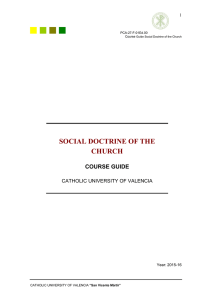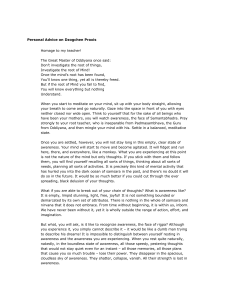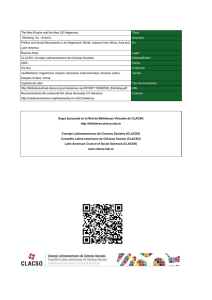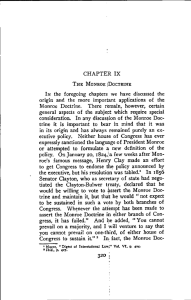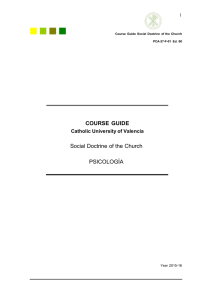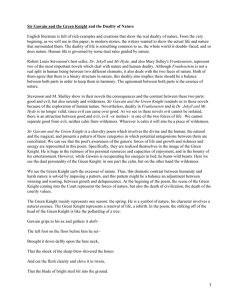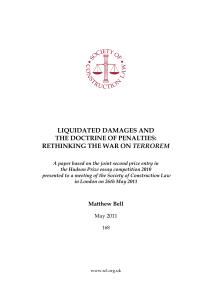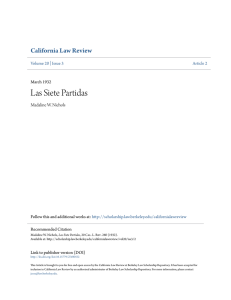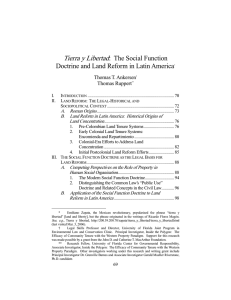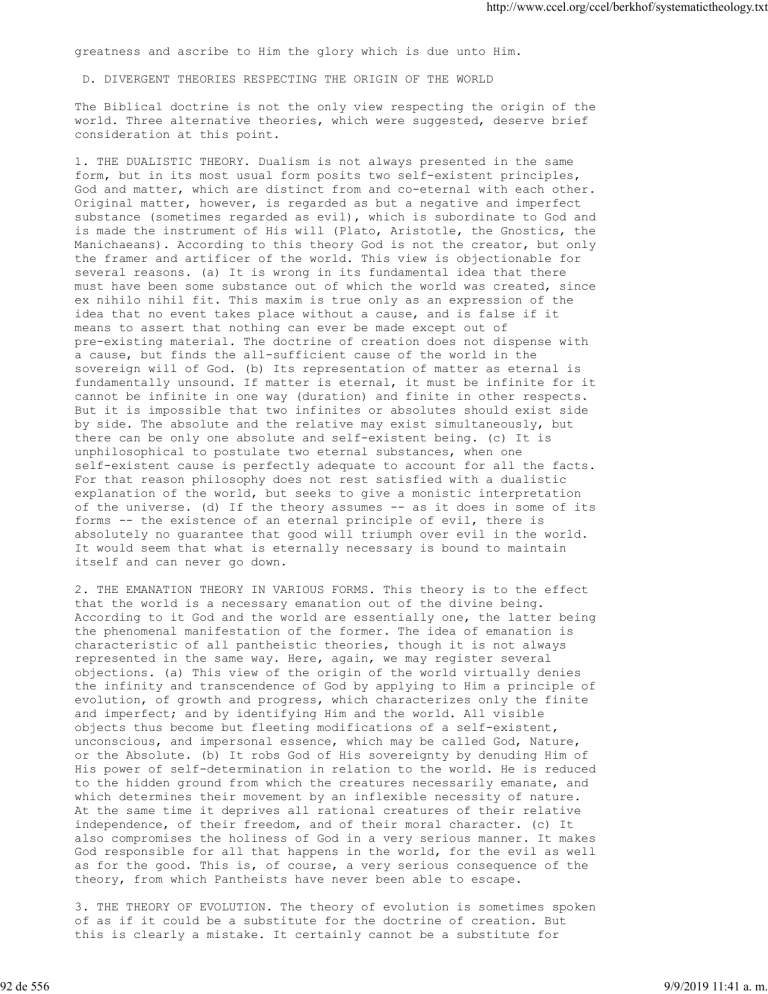
92 de 556 http://www.ccel.org/ccel/berkhof/systematictheology.txt greatness and ascribe to Him the glory which is due unto Him. D. DIVERGENT THEORIES RESPECTING THE ORIGIN OF THE WORLD The Biblical doctrine is not the only view respecting the origin of the world. Three alternative theories, which were suggested, deserve brief consideration at this point. 1. THE DUALISTIC THEORY. Dualism is not always presented in the same form, but in its most usual form posits two self-existent principles, God and matter, which are distinct from and co-eternal with each other. Original matter, however, is regarded as but a negative and imperfect substance (sometimes regarded as evil), which is subordinate to God and is made the instrument of His will (Plato, Aristotle, the Gnostics, the Manichaeans). According to this theory God is not the creator, but only the framer and artificer of the world. This view is objectionable for several reasons. (a) It is wrong in its fundamental idea that there must have been some substance out of which the world was created, since ex nihilo nihil fit. This maxim is true only as an expression of the idea that no event takes place without a cause, and is false if it means to assert that nothing can ever be made except out of pre-existing material. The doctrine of creation does not dispense with a cause, but finds the all-sufficient cause of the world in the sovereign will of God. (b) Its representation of matter as eternal is fundamentally unsound. If matter is eternal, it must be infinite for it cannot be infinite in one way (duration) and finite in other respects. But it is impossible that two infinites or absolutes should exist side by side. The absolute and the relative may exist simultaneously, but there can be only one absolute and self-existent being. (c) It is unphilosophical to postulate two eternal substances, when one self-existent cause is perfectly adequate to account for all the facts. For that reason philosophy does not rest satisfied with a dualistic explanation of the world, but seeks to give a monistic interpretation of the universe. (d) If the theory assumes -- as it does in some of its forms -- the existence of an eternal principle of evil, there is absolutely no guarantee that good will triumph over evil in the world. It would seem that what is eternally necessary is bound to maintain itself and can never go down. 2. THE EMANATION THEORY IN VARIOUS FORMS. This theory is to the effect that the world is a necessary emanation out of the divine being. According to it God and the world are essentially one, the latter being the phenomenal manifestation of the former. The idea of emanation is characteristic of all pantheistic theories, though it is not always represented in the same way. Here, again, we may register several objections. (a) This view of the origin of the world virtually denies the infinity and transcendence of God by applying to Him a principle of evolution, of growth and progress, which characterizes only the finite and imperfect; and by identifying Him and the world. All visible objects thus become but fleeting modifications of a self-existent, unconscious, and impersonal essence, which may be called God, Nature, or the Absolute. (b) It robs God of His sovereignty by denuding Him of His power of self-determination in relation to the world. He is reduced to the hidden ground from which the creatures necessarily emanate, and which determines their movement by an inflexible necessity of nature. At the same time it deprives all rational creatures of their relative independence, of their freedom, and of their moral character. (c) It also compromises the holiness of God in a very serious manner. It makes God responsible for all that happens in the world, for the evil as well as for the good. This is, of course, a very serious consequence of the theory, from which Pantheists have never been able to escape. 3. THE THEORY OF EVOLUTION. The theory of evolution is sometimes spoken of as if it could be a substitute for the doctrine of creation. But this is clearly a mistake. It certainly cannot be a substitute for 9/9/2019 11:41 a. m.

